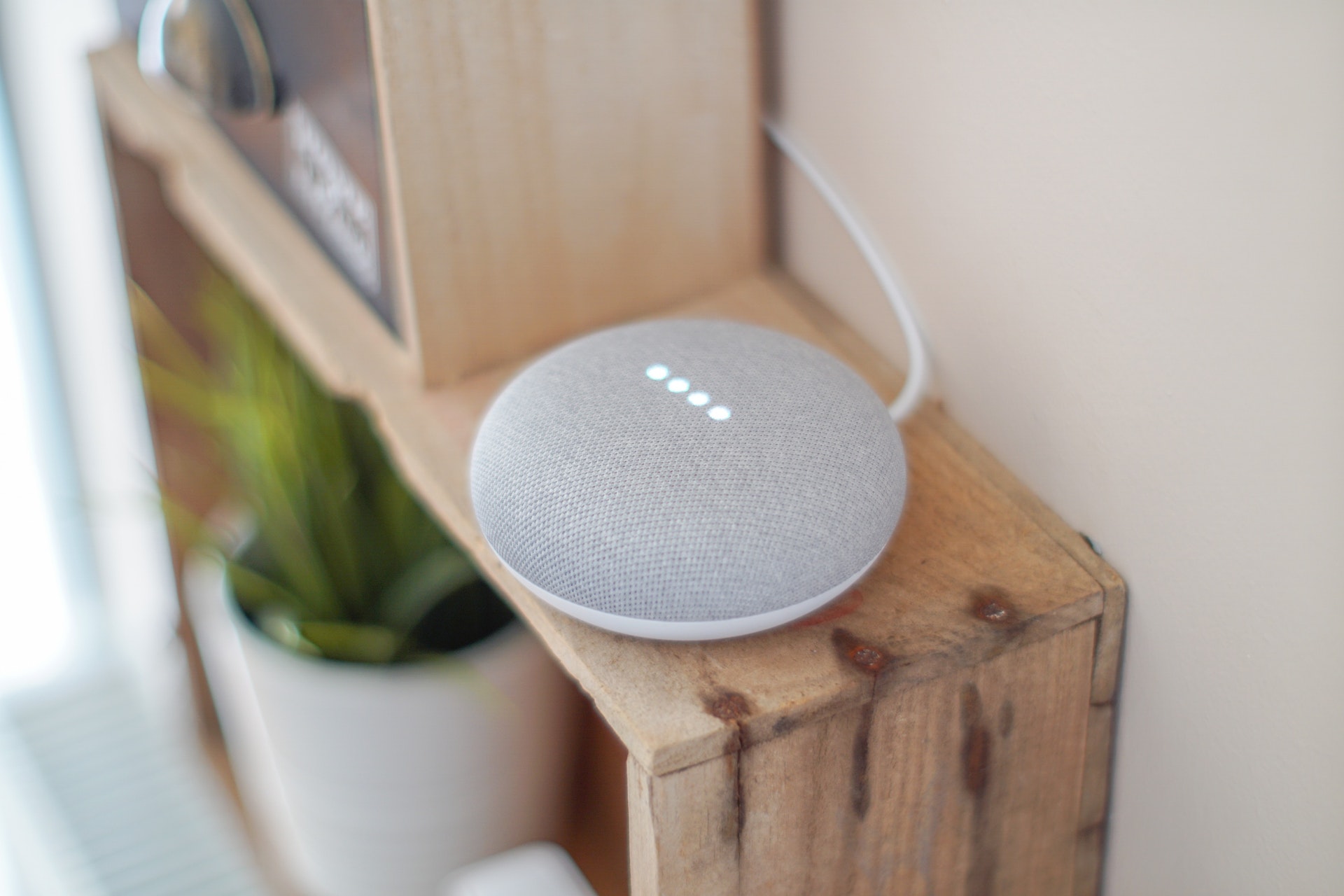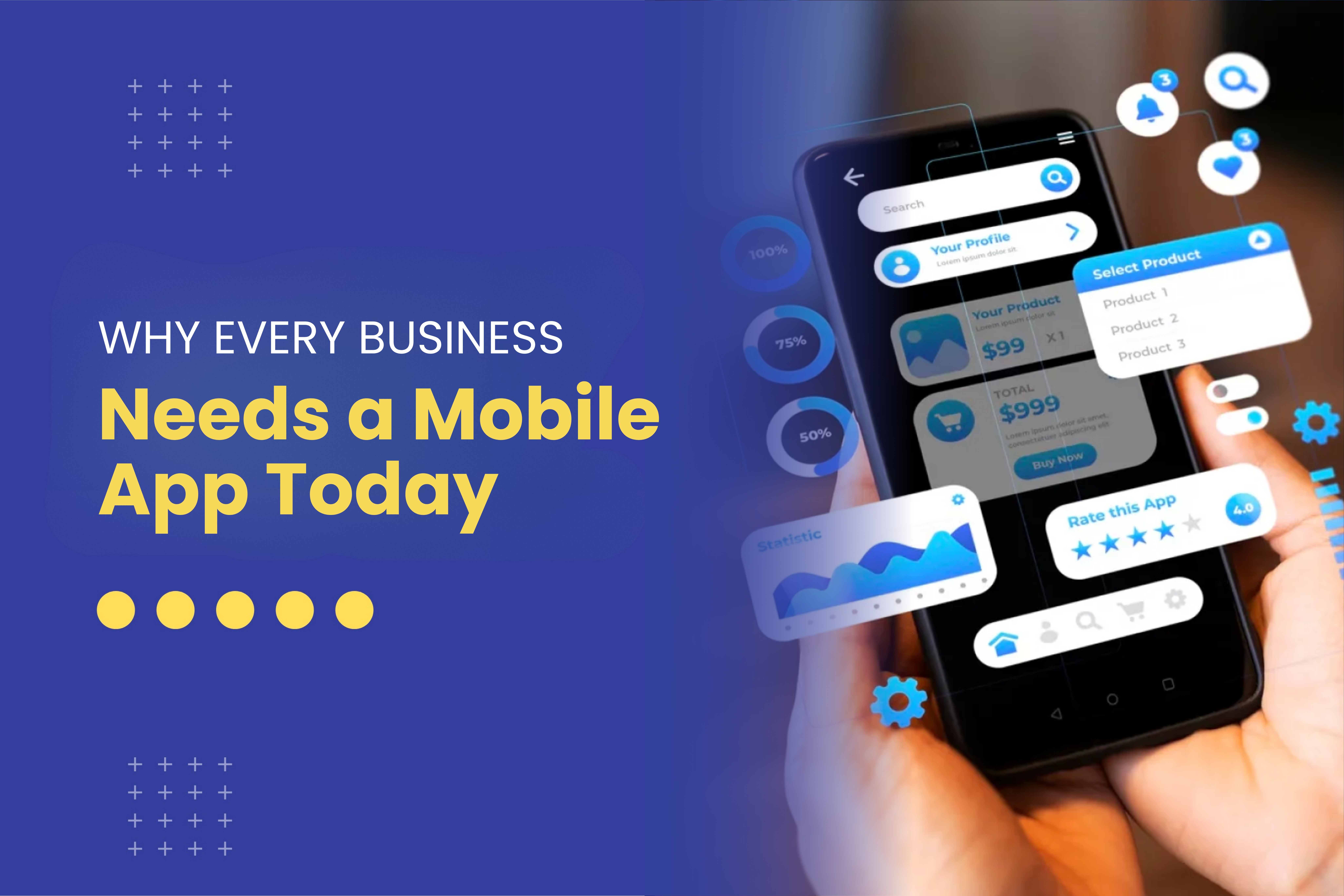The Future of Android App Development: Trends to Watch in 2024
Tue, 19 Nov 2024
The Android app development landscape is rapidly evolving, with new trends and technologies continually reshaping the way developers create mobile apps. As we move into 2024, there are several key trends and innovations that are expected to drive Android app development forward. From advancements in AI and machine learning to the rise of foldable devices, the Android ecosystem is set for an exciting year. In this blog post, we'll take a deep dive into the major trends that Android developers need to watch out for in 2024.
AI and Machine Learning Integration
Artificial Intelligence (AI) and Machine Learning (ML) have been making waves in the tech industry, and their influence on Android app development is only set to grow in 2024. AI-powered features such as voice recognition, facial recognition, and predictive text are becoming standard in modern mobile applications. In 2024, we can expect more apps to leverage AI to offer personalized user experiences, improve performance, and enable smart decision-making.
5G Technology and Enhanced App Performance
The widespread adoption of 5G networks is one of the most anticipated developments in the mobile space, and it is expected to have a significant impact on Android app development in 2024. With its lightning-fast speeds, low latency, and enhanced connectivity, 5G opens up new possibilities for developers to create apps that can deliver high-quality multimedia content, real-time collaboration, and more interactive features.
Foldable Devices and Multi-Screen Support
Foldable smartphones are becoming more mainstream, and Android is leading the charge with a growing number of devices featuring foldable displays. Samsung’s Galaxy Z Fold and Flip devices, along with other manufacturers entering the foldable market, are paving the way for a new wave of user experiences.
Android app developers must ensure their apps are optimised for foldable devices, taking into account the unique form factors and screen orientations. Multi-screen support will be crucial, allowing apps to intelligently adjust their layout and functionality when the device is folded or unfolded.
App Performance Optimization with Kotlin
Kotlin, Google’s preferred programming language for Android app development, continues to dominate the Android ecosystem, and its importance is expected to grow in 2024. Kotlin offers many advantages, including a more concise and readable syntax, better null safety, and improved performance over Java, making it the ideal choice for developers looking to build high-performance apps.
With the rise of complex, data-intensive apps, the demand for performance optimization will be stronger than ever. Kotlin’s capabilities, along with Jetpack Compose (Google’s modern toolkit for building UI), will help developers streamline their codebase and create apps that are both efficient and scalable. Kotlin’s continued evolution, including new features and libraries, will play a significant role in reducing app load times, improving battery efficiency, and providing a smooth user experience.
Also Read:- Exploring Softieons IT's Latest Solutions
Augmented Reality (AR) and Virtual Reality (VR) Apps
AR and VR technologies are increasingly being integrated into mobile apps, and 2024 will see this trend continue to rise. With improvements in hardware, software, and processing power, Android apps will become more immersive and interactive. From gaming and education to retail and real estate, AR and VR have the potential to revolutionize many industries.
Google’s ARCore platform is a key player in bringing AR to Android devices, enabling features like object tracking, environment understanding, and motion capture. In 2024, more Android apps will incorporate AR to create interactive user experiences such as virtual try-ons for fashion or home decor apps, 3D mapping for navigation, and educational tools that provide virtual simulations.
Cross-Platform App Development
Cross-platform development frameworks like Flutter and React Native have gained significant traction in recent years, and in 2024, more developers will adopt these technologies to build apps that work across multiple platforms, including Android and iOS. This trend is driven by the need to cut down development time and costs while ensuring apps perform well on both platforms.
Flutter, in particular, has gained popularity for its performance, ease of use, and support for a rich set of UI components. In 2024, Android developers will increasingly leverage these frameworks to reach a wider audience with less effort, streamlining the development process and enabling faster time-to-market.
Privacy and Security Enhancements
As data privacy concerns continue to grow, Android developers must prioritize security and ensure their apps comply with the latest privacy regulations. Google has been actively rolling out updates to Android that provide users with more control over their data, and developers need to be mindful of these changes.
In 2024, we will see more apps adopt end-to-end encryption, biometric authentication (fingerprint, face recognition), and data minimization techniques to protect user information. Additionally, Android’s Scoped Storage and App Hibernation features will force developers to handle data more responsibly, limiting the risk of breaches and ensuring better user trust.
Internet of Things (IoT) Integration
The Internet of Things (IoT) continues to grow, with more connected devices being introduced to homes, businesses, and industries. Android apps are increasingly used to control IoT devices, from smart thermostats and lights to security cameras and wearables.
In 2024, we expect Android apps to play a more significant role in controlling and managing IoT ecosystems. Developers will need to integrate IoT functionality into their apps and ensure seamless communication between devices, whether it’s through Bluetooth, Wi-Fi, or 5G. This trend will require Android developers to focus on building apps with low-latency communication, robust security, and user-friendly interfaces for managing multiple connected devices.
Conclusion
The Android app development landscape is undergoing rapid transformation, and the trends highlighted above are only a few of the exciting innovations expected to shape the industry in 2024. As AI, 5G, foldable devices, AR/VR, and other cutting-edge technologies continue to evolve, Android developers will need to stay ahead of the curve and adapt to these changes. By embracing these trends, developers can create apps that are faster, smarter, more immersive, and more secure, providing users with exceptional experiences and setting the stage for the next generation of Android apps.
POPULAR POSTS
Shopify vs. WordPress: Which one is best for e-commerce?
Wed, 07 Apr 2021Role of IoT in the Real Estate Industry
Wed, 14 Apr 2021Why UX And UI Is Important For Mobile Application Development
Sat, 01 May 2021Telemedicine's Advantages in Nursing Homes
Fri, 24 Dec 2021RECENT POSTS
PHP & Laravel Web Development | Build Secure & Scalable Websites
Thu, 18 Dec 2025Why Every Business Needs a Mobile App Today
Thu, 18 Dec 2025Title: Run Your Entire Real Estate Business From Your Phone
Fri, 12 Dec 2025









